Empowering Educators: The Equity for Wellness Summit
Key Points
-
Recently, Wellness for Educators hosted its first conference, the Equity for Wellness Summit.
-
The summit served as a collaborative effort between organizations invested in the growth, development, and sustainability of healthy individuals who work in any capacity of education.
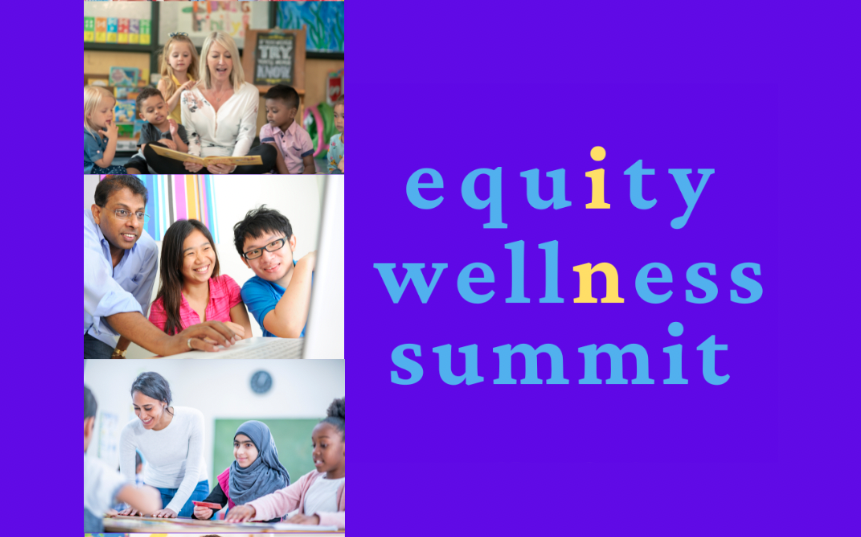
Background of Wellness for Educators
On any given day articles related to teacher burnout, retention of educators, and staff dissatisfaction are overflowing on any media outlet. Rarely are solutions shared or silver linings highlighted, which is why the online Equity for Wellness Summit is essential. Over the course of three days, teachers, administrators, researchers, and practitioners shared perspectives and resources tailored to schools and their staff addressing those in the space of education and their wellness. Acknowledging the varied schedules and demands of attendees, the entire conference was online and recorded, demonstrating a true commitment to accessibility and equity.
Origins of Equity in Wellness Summit
Many recent efforts and initiatives connected to educator well-being were a direct result of the global pandemic, but Wellness for Educators planted its seed in 2018. A direct result of Wellness for Educators’ founder and executive director Kathryn Kennedy’s mental health and well-being journey the nonprofit organization started as a small effort by Kathryn and her sisters Mary and Liz who created short videos, podcasts, and articles for educators. When the pandemic hit, Kathryn knew the next few years would be vital for those in the education space to have resources that centered on mental health and well-being, so in December of 2020 Wellness for Educators expanded their offerings and started serving the field more intentionally. Members of the organization include licensed mental health practitioners, educators, and certified somatic and mind-body coaches and practitioners who embody diversity and champion the use of equitable wellness practices for the field of education.
Recently, Wellness for Educators hosted its first conference, the Equity in Wellness Summit, which served as a collaborative effort between organizations invested in the growth, development, and sustainability of healthy individuals who work in any capacity of education. The summit was co-sponsored by other advocates in the equity in education wellness space, including the University of Redlands’ Center for Educational Justice and Voice4Equity.
The Equity for Wellness Summit was a three-day, virtual event that brought together inspiring educators, licensed mental health professionals, researchers, somatic professionals, and other experts who are engaging at the intersection of equity, mental health and wellbeing, and education. The summit was intentionally structured to be a collection of panel discussions, experiential wellness sessions, and community-based reflection and shared spaces. The summit also included interactive mind-body sessions, webinars, and additional informational videos for reference. All attendees were given access to recordings of each session once the summit ended.
Session Summarization/ Key Findings
Anyone who’s attended a conference knows the keynote sets the tone. When Dr. Dena Simmons, the founder of LiberatED, embeds student voice, love, joy, and liberation in her powerful opening remarks, it’s clear the following days will contain the same notes of community, collaboration, healing, and support. Simmons launched the summit by sharing what makes her feel free and the importance of creating spaces for students to feel the same by incorporating clips of students personally expressing what makes them feel free. She then shifted to talk about social-emotional learning and wellness and even provided a caution that “If we are not careful SEL, can be white supremacy with a hug.” She reiterated that the conference focused on wellness to allow for a more inclusive definition for educators and students. Simmons concluded her message with a charge by asking participants, “How will you be an educator that fights for freedom?”
Following the dynamic keynote from Simmons were several session offerings with themes connected to equity, community, and accountability. Defining Wellness in Equitable Ways with Shomari Jones, Dr. Rebecca Itow, Jonathan Santos Silva, and Alejandra Ramos Gomez dissected layered topics countless educators face, such as how to maintain personal values in a professional system built against them and why it’s essential to have a personal board of directors as a sense of accountability. Jones and Santos Silva reminded participants that small coalitions matter, and finding just one coconspirator is beneficial for personal wellness in the work as an educator.
The summit continued with powerful discussions examining exactly how to create spaces for wellness. In these sessions, panelists gave perspective to the idea that wellness can be achieved by building community through courageous conversations. Vanee Smith-Matsalia, Islah Tauheed, and Sophie Teitelbaum led a thoughtful conversation about why Building Your “Homeplace” as an Educator and a Disruptor is so important to overall wellness. Sophie Teitelbaum describes the homeplace for educators through an equitable lens as being a soft place to land [stressing] “for all people, not just those that look like me.” Panelists further described how during the pandemic, people across the globe rallied to create homeplaces for their wellness. Vanee Smith-Matsalia explained how it has been soul-crushing to have done the work of humanizing [through SEL initiatives], during the pandemic, just to be erased after returning to school.
Shomari Jones, Dr. Paul Sutton, Aaron Schorn, and Dr. Kathryn Kennedy continued this discussion in a session on Building the Bridge through Courageous Conversations where panelists discussed the guidelines of how to have conversations about wellness and equity with the intention to gain wisdom, understanding, and knowledge. When teachers feel heard, understood, and respected, it can have a positive impact on their overall well-being. Aaron Schorn described how being courageous in equity conversations can look different for everyone; for him, “it is to listen more than I talk.” Panelists continued their discussion by offering examples of how to care for themselves and others in those spaces. Dr. Paul Sutton explained that the definition of care changes depending on what a person is going through and how “care is not an endpoint, it’s continual and ever-changing depending on the situation.”
Discussing equity and wellness within education can be emotionally taxing to those who are in the thick of it. This is why the creators of the summit were intentional about providing wellness breaks in between sessions. These “breaks” were still considered sessions, as they offered skills and techniques to center oneself as a way to achieve wellness. In the session Bringing Back Play with Stephanie McGary, attendees were challenged to make room for play and invited to engage in a short game. Alejandro Ramos Gomez facilitated a session on Dance Therapy where she briefly discussed its benefits and then guided attendees through 15 minutes of stretches and embodied movement of the body. Additionally, Antonia Small contributed by leading a Somatic Session of mindful movement and yoga. By design, these sessions were healing, engaging, and interactive, yet informative, leaving attendees feeling recharged and ready to dive into critical conversations.
To dive deeper into a few of the supports mentioned, consider visiting a few of the links below:
- The Importance of Play by Michael Forman
- Mindfulness First – organization to support students and teachers using trauma-informed practices
- LiberatED – resources for a liberatory approach to SEL, racial justice, and healing
- The Deepest Well: Healing the Long-Term Effect of Childhood Trauma and Adversity by Nadie Burke Harris
- Good Inside – Dr. Becky Kennedy
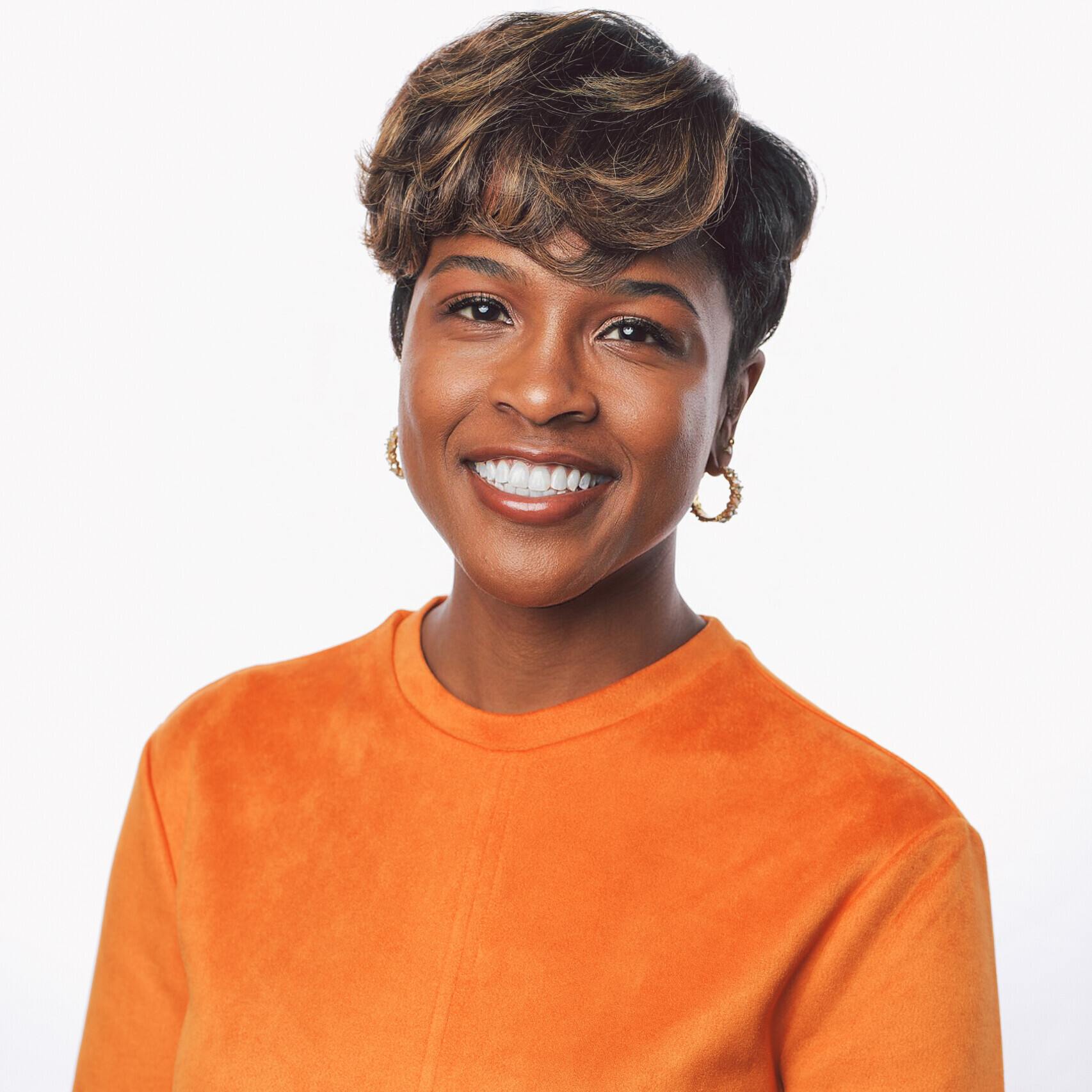
Victoria Andrews
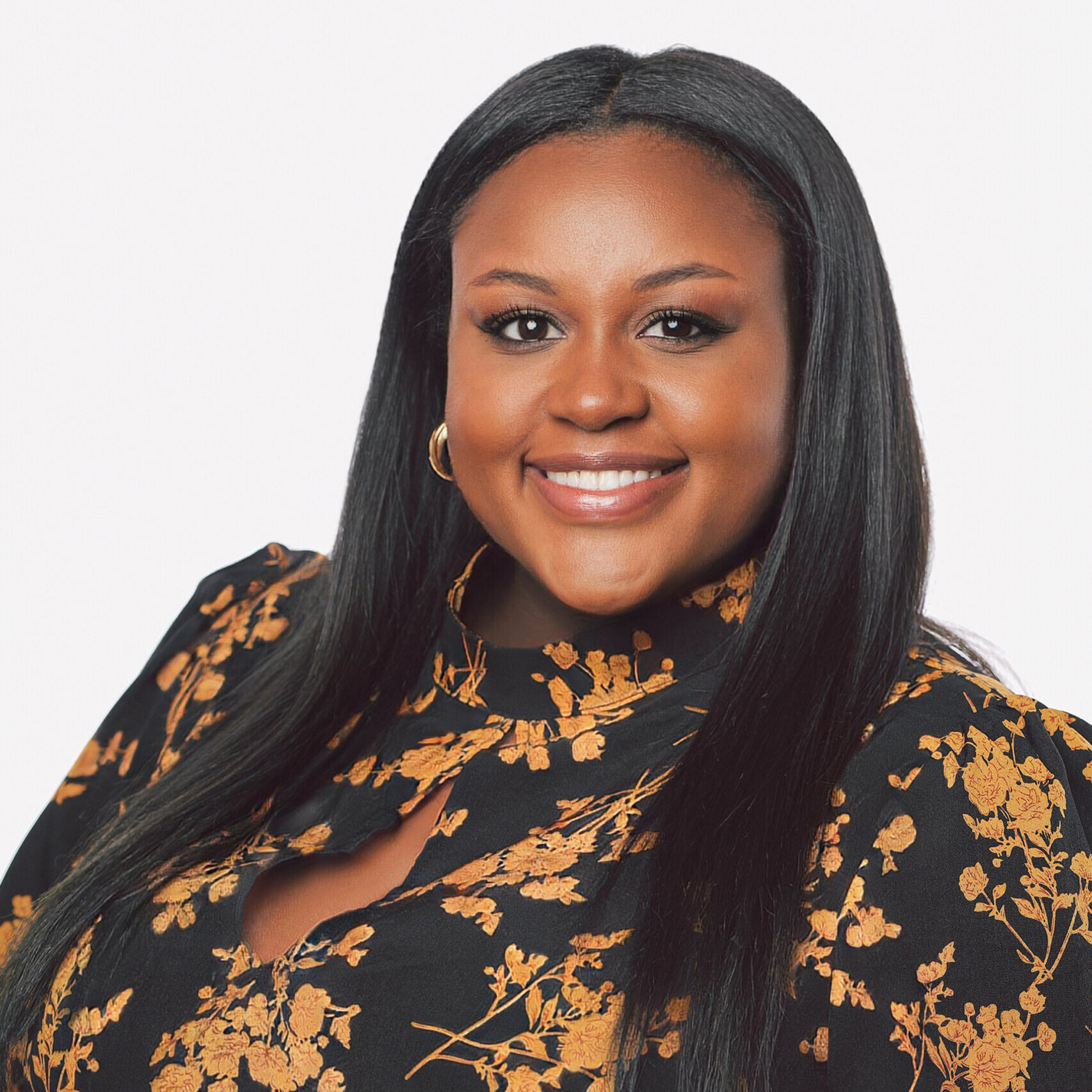



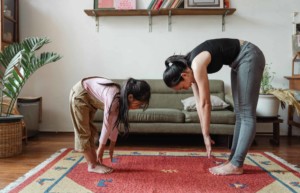
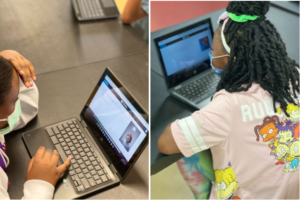
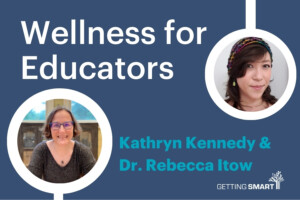

0 Comments
Leave a Comment
Your email address will not be published. All fields are required.